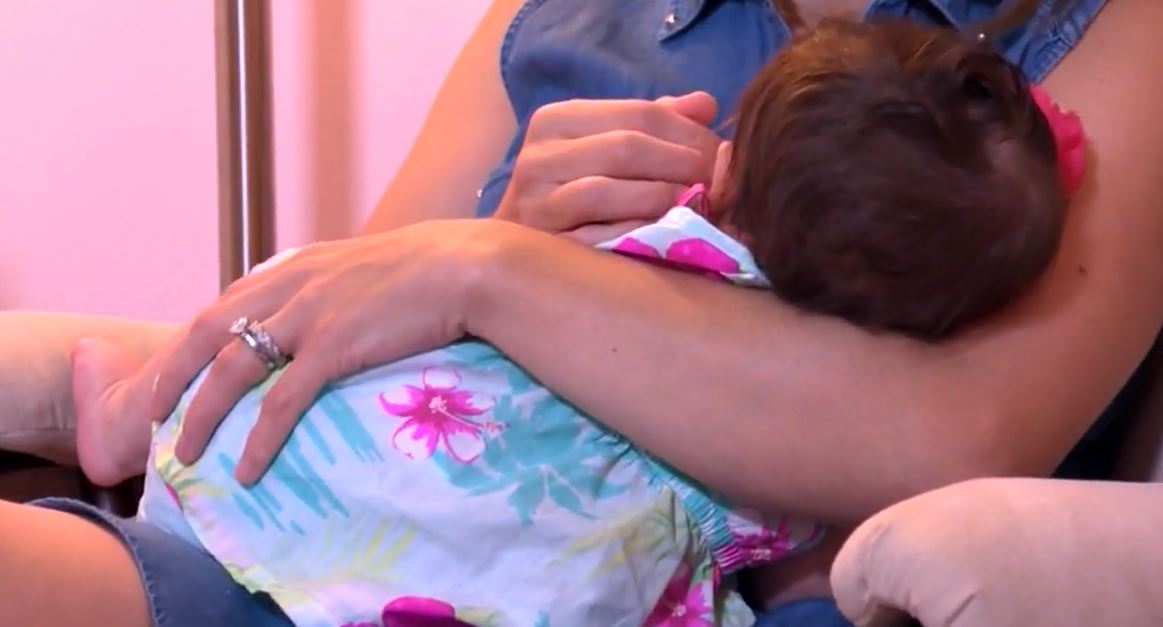New hope for moms with postpartum depression

The first FDA-approved pill to treat postpartum depression was approved a few months ago
By Jessica Guay
Click here for updates on this story
PITTSBURGH (KDKA) — The first FDA-approved pill to treat postpartum depression was approved a few months ago, and it’s already helping moms in the Pittsburgh area.
About one in eight women who have given birth experience symptoms of postpartum depression.
An Allegheny Health Network doctor told KDKA-TV that the medication allows them to receive treatment at home with their baby and family by their side.
If you’re feeling sad, hopeless, or overwhelmed after giving birth, you don’t have to tackle it by yourself.
“If you are at all feeling distressed or this is feeling hard, that’s okay there are resources to help,” said Dr. Ewurama Sackey, medical director at AHN Women’s Behavioral Health.
She said the first pill for postpartum depression, Zurzuvae (Zuranolone), is giving moms new hope. The medication is taken at nighttime for 14 days. About 10 or 15 of her patients have taken it so far.
“One patient told me she feels more like herself, so she feels more like herself than she had even during her pregnancy, so she feels back to herself prior to pregnancy,” Dr. Sackey said.
Before this medication, women could take anti-depressants, which take longer to work, or get the similar neuro-steroid, Brexanolone, which requires an IV injection and a stay in the hospital for a few days.
“You can’t be at home or your family or your baby, and so this medication is much different in that you can have the supports at home, you can continue to foster attachment with your family, with your baby,” Dr. Sackey said.
Dr. Sackey said Zurzuvae’s side effects can include feeling tired, dizzy, or lightheaded and if severe, the dose can be decreased.
She’s seen the benefits of using it for both mild/moderate and more severe PPD.
She said fast-acting prescription drug helps improve mood during a critical time when hormones are fluctuating.
“We want to help people get better as soon as possible. We know that after giving birth, people are at the highest risk versus anywhere in their reproductive lives for the risk of suicide,” Dr. Sackey said.
PPD symptoms can be similar to depression like low mood and isolation.
“But also, things related to your baby like thinking, ‘I’m not a good mom or parent, this baby doesn’t like me, I’m not good enough, I will never be good enough, this isn’t for me,'” Dr. Sackey said.
Dr. Sackey said that it’s critically important to talk to your doctors about what can best help you.
If it’s taking this medication, the real work happens after that.
“Medication alone is not going to cure or help all of PPD. It’s really important that people engage in therapy, and that does take a longer amount of time,” she said. “This is for the family, this is for their future and so we’re here for you, we support you and we care about you,” she added.
Please note: This content carries a strict local market embargo. If you share the same market as the contributor of this article, you may not use it on any platform.
